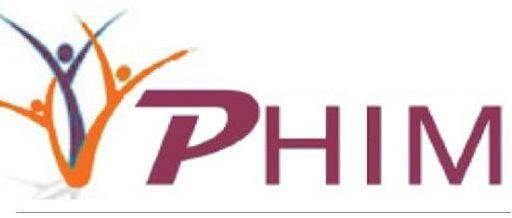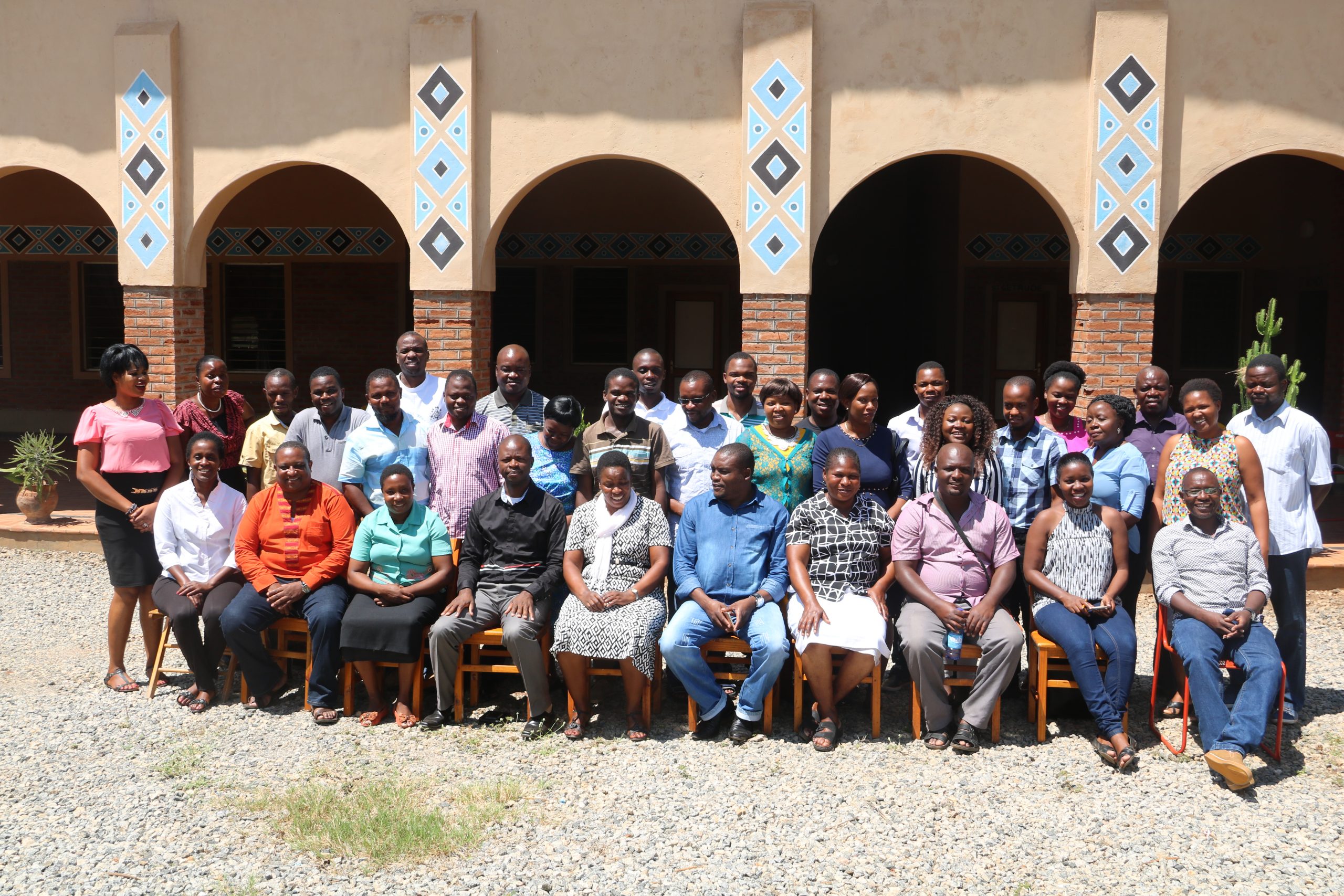The Frontline Field Epidemiology Training Programme (FETP- Frontline) graduated its third cohort of trainees in March this year. Seven trainees working in disease surveillance – both human and animal health enrolled for the programme.
The graduants comprised of six officers from Blantyre District Health Office and one officer from Blantyre Animal Health Office.
FETP- Frontline program aims at advancing epidemiological capacity at the Ministry of Health and Ministry of Agriculture, Irrigation and Water Development (Department of Animal Health and Livestock) by training health professionals in basic field epidemiology.
Trainings, carried out in cohorts of about 10-15 trainees, last for about 12 weeks. The course is structured into workshops and field work. The first and second workshops are classroom sessions each lasting five days. The third and last workshop is a graduation ceremony where trainees present fieldwork findings, carried out after the first two workshops, and receive a certificate of completion.
Classroom sessions cover introduction to public health surveillance, data collection, case definitions and line-lists, data quality, summary statistics, displaying data, data interpretation, taking action guided by the data, monitoring and evaluation, outbreak investigation and response, linking the investigation with the laboratory, problem analysis using the fish bone method and scientific presentations. The fieldwork course 1 & 2 requires the trainees to carry out two of the following projects: a data quality audit, surveillance summary report, outbreak investigation, problem analysis and case investigation.
The Frontline Field Epidemiology Training programme (FETP-Frontline) in Malawi, with funding from Centres for Disease Control and Prevention (CDC), was launched on 18 April 2016.

